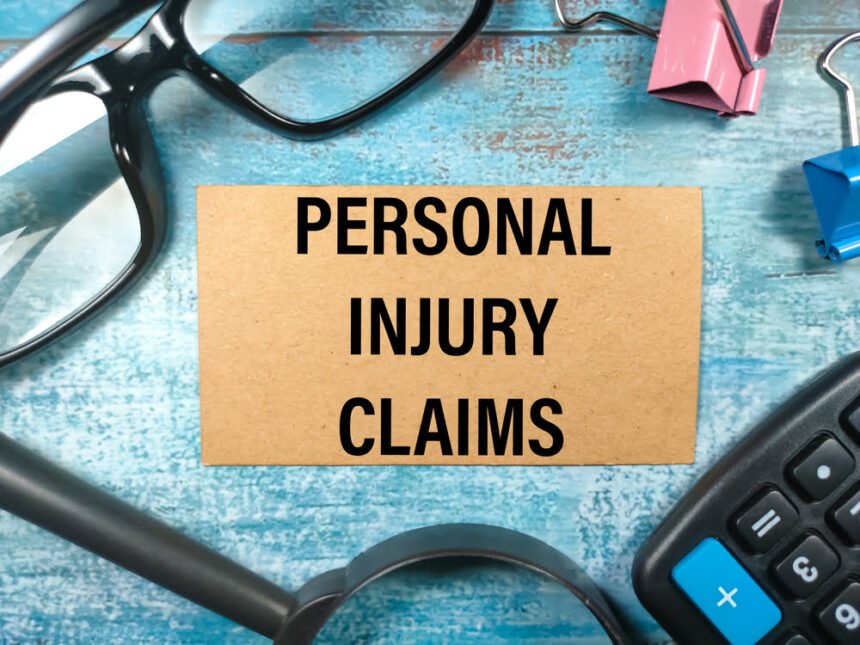Injuries are a lot more common than most people think. Around 130 million people visit the emergency room every year. Some injuries require costly medical treatment, so people have to find a way to pay for them. A personal injury lawsuit can help cover the cost of treatment, but only if you get a sufficient settlement or judgment.
Personal Injury Cases Can Cover Medical Bills
Most of the time, accidents are just minor nuisances that we can brush off. However, sometimes accidents can result in serious personal injuries that require medical attention and compensation. Your medical bills after an accident can be quite expensive, so don’t dismiss the idea of getting a legal settlement to cover them.
If you have been injured in an accident and are considering filing a personal injury lawsuit, follow these five steps to ensure you get the most money possible from your settlement.
1. Build Your Case
You’ll need to gather evidence and documentation to support your claim; the stronger your case, the more likely you will receive a fair settlement. Start by collecting any medical records and bills related to your injuries. This will help establish the extent of your damages and how long you’ve dealt with the effects of the accident.
Take photographs of any visible injuries and damage to property, such as your vehicle. Get character witness statements from people who can speak to your good character and how the accident has impacted your life.
The more information you have, the better equipped you’ll be to negotiate a fair settlement. If you want to avoid all this hassle, The Tinker Law Firm PLLC can help you gather evidence and build your case so that you can focus on recovery.
2. Understand the Value of Your Claim
Once you have all the documentation related to your accident and injuries, it’s time to calculate how much money you’re owed. There are ways to calculate this figure; the most common is determining your “special damages” and “general damages.”
Special damages are easier to calculate because they involve quantifiable losses such as medical bills, lost wages, and property damage. General damages are more difficult to quantify because they encompass pain and suffering, emotional distress, and loss of enjoyment of life. To better understand the value of your claim, use an online personal injury calculator or contact a personal injury attorney in your area.
3. Know What You’re Up Against
If you decide to file a personal injury lawsuit, you need to be aware of the tactics insurance companies will use to try and minimize the amount of money they have to pay out. One common tactic is to downplay the severity of your injuries.
They may also try to blame you for the accident or argue that your injuries are not directly related to the accident. Another common tactic is to offer a lowball settlement early on in hopes that you’ll take the money and avoid going to court. You also need to realize there might be complicating factors, such as liability waivers.
4. Don’t Go it Alone
While you technically don’t need an attorney to file a personal injury lawsuit, having one will increase your chances of receiving a fair settlement. Personal injury attorneys are familiar with the tactics insurance companies use to minimize payouts, and they will know how to build a strong case on your behalf. They will also negotiate with the insurance company on your behalf and help you decide if a settlement offer is fair. If necessary, they can take your case to trial.
5. Be Prepared to Negotiate
In most personal injury cases, the settlement is not paid out in one lump sum. Instead, it is paid out in installments, known as a structured settlement. Structured settlements are often used to settle cases involving minors or people with disabilities who cannot manage a large sum of money all at once.
If you are offered a structured settlement, you will need to negotiate with the insurance company to get the best possible terms. This includes the interest rate, how often you will receive payments, and the total amount of the payments.
Personal injury settlements vary depending on the severity of the injuries, insurance company negotiations, and other factors. However, by following these five simple steps, you can maximize your personal injury settlement and ensure that you receive the compensation you deserve.










